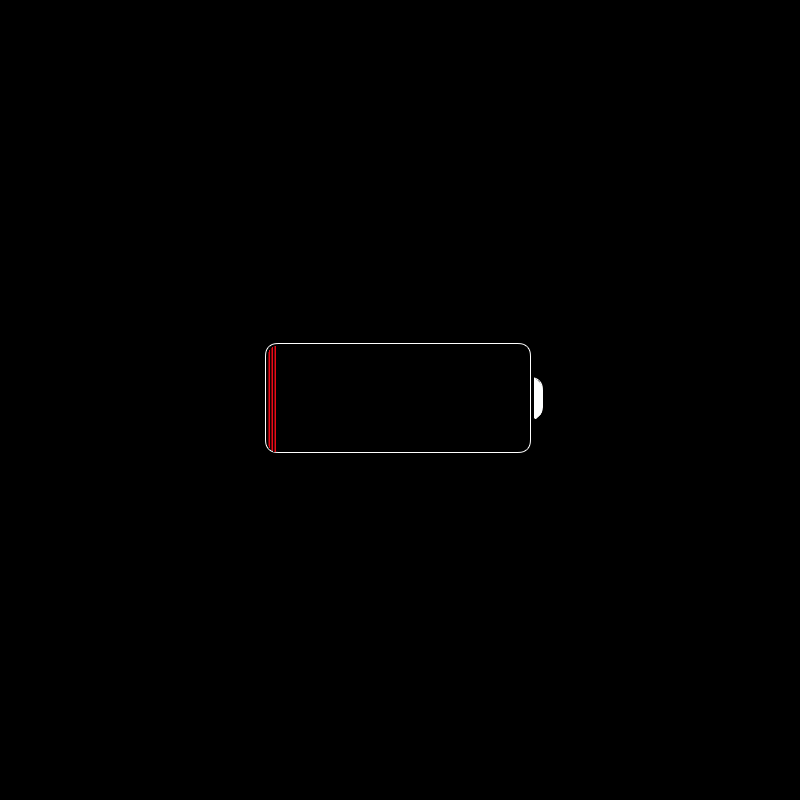
The lifespan of mobile devices isn't as "remarkable" as consumers expect. Not only that the technology behind batteries doesn't improve by much, but the way we engage with our phones is becoming more problematic.
With more apps and more things we can do with our mobile devices, the more they become alluring. We spend countless of hours glued to that relatively small screens, in a way that trends see it, makes us happy.
But that enjoyment won't usually last long. One year to two years, depending on usage, we will experience the moment when our devices run out of power more often. This is when people start complaining. Apple's iPhone users on Reddit posted a loose interpretation of benchmark tests, showing how Apple is like forcing consumers to upgrade their phones by making their old phones run slower.
Is that really true?
While users expect battery capacity to decrease as batteries age, they expect processor performance to stay the same. However, users with older iPhones were experiencing lower-than-expected performance.
This happens due to the processors' power hitting their peaks, and the iPhone's battery can't deliver enough power. As a result, the iPhone will shut down automatically to prevent damages to the hardware.
The processors cannot get the power they need because aged and degraded batteries have lower voltage.
To mitigate the issue, Apple updates how the iOS algorithms work by tweaking how the device uses its battery, and also checks for battery's responsiveness and effectiveness, actively.
So at a point when it becomes unable to give the processors all the power they need to hit a peak of power, Apple either cap the power available from the battery, or spreads requests over several cycles. This results to a smoothed out peaks.
In short, Apple's solution here is to scale down CPU performance.
This is clearly shown on a post by John Poole, the Founder of Primate Labs:

But here is another problem: iPhone users expect either full performance of their device, or a reduced performance but with a notification that tells them that the phone is in low-power mode.
If the performance drop is due to the “sudden shutdown” fix, users will experience reduced performance without notification.
Apple is literally masking a deficiency in battery power, and as a result, users may believe that the slow down is due to CPU performance, instead of battery performance, which is triggering an Apple introduced CPU slow-down. Apple is not that transparent, and it has never been known to be one. If users are noticing that their phones are running slower, then they need to know why. But Apple here is very conservative.
This fix causes users to think, “my iPhone is slowing down, should I replace it or not?", and not "my iPhone is slow, should I replace the battery?"
The company is giving solutions to the problem, but it doesn't detail exactly how the algorithms cap request demands. Apple should at least explain users about when the battery is affecting the peak performance of their iPhone. This way, users will understand when exactly is the time to replace their batteries, or whether they can still hold to their old iPhones without having anything replaced by relying only to algorithms.